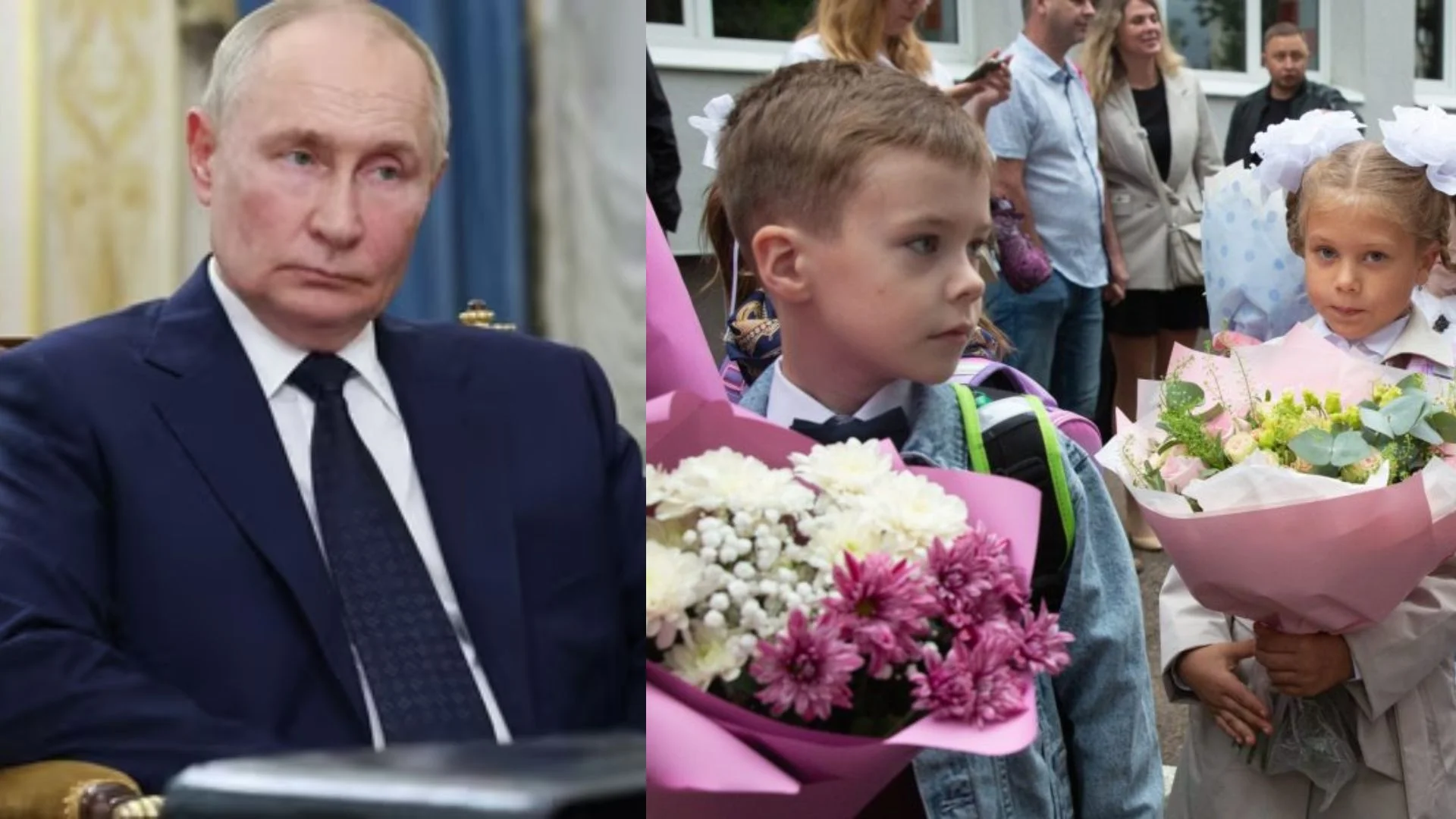New Proposals to Encourage Procreation Spark Controversy
Russia is exploring the establishment of a “ministry of sex” as part of a broad strategy to combat the country’s declining birth rate, exacerbated by the war in Ukraine. Nina Ostanina, chairwoman of the Russian Parliament’s Committee on Family Protection, Paternity, Maternity, and Childhood, is currently reviewing a petition advocating for the creation of such a ministry. The initiative, which aligns with President Vladimir Putin’s ongoing efforts to address Russia’s demographic crisis, has raised eyebrows both domestically and internationally.
Proposals to Stimulate Birth Rate
The “ministry of sex” concept, proposed by the GlavPR agency, aims to spearhead initiatives designed to reverse Russia’s population decline. Some of the most controversial measures being discussed include:
– Fertility Testing and Proactive Encouragement: Deputy mayor Anastasia Rakova has suggested that couples should be encouraged to procreate by using a fertility test to assess a woman’s ability to conceive, urging women to focus on reproduction as part of a national imperative.
– Unusual Incentives: Among the most provocative proposals is the suggestion to turn off the Internet and even the lights between 10 pm and 2 am to create an environment conducive to intimacy. There are also plans to provide financial incentives for stay-at-home mothers, including paying them for housework that would contribute to their pensions. The state is also considering funding first dates with an allowance of 5,000 roubles (about £40) to promote relationship formation.
– Wedding Night and Hotel Stays: Another proposal includes covering wedding-night hotel stays for newlywed couples, with costs up to 26,300 roubles (approximately £208), aimed at encouraging pregnancies.
Regional Initiatives and Push for Procreation
Several Russian regions are already implementing their own procreation-focused programs. For instance, in Khabarovsk, women aged 18 to 23 who have a child receive a £900 payment, while in Chelyabinsk, the government offers £8,500 for a first-born child.
In an even bolder suggestion, Yevgeny Shestopalov, a regional health minister, has encouraged workers to use their coffee and lunch breaks for “procreation,” reflecting the government’s push for increased fertility.
Intrusive Government Measures
As part of these efforts, the government has begun probing into women’s personal lives. Female public sector employees are being asked to complete detailed questionnaires about their sexual and reproductive health. The questions include when they began sexual activity, their use of contraception, their fertility history, and their future childbearing plans.
Employees who refuse to answer are being pressured to attend doctor’s appointments where they are asked the same questions in person. The authorities have also rolled out a free fertility testing program, which has already attracted participation from 20,000 women in Moscow.
The intrusive nature of these measures has sparked frustration among women, particularly those in state-run cultural institutions, who have voiced their concerns about being compelled to disclose such intimate details to their HR departments.
Public Backlash and Privacy Concerns
While the government defends these initiatives as necessary for the country’s survival, many Russians view the measures as an invasion of privacy. Critics argue that the government’s focus on fertility and procreation is undermining personal freedom, while others worry about the long-term effects of such invasive policies.
As the country grapples with its demographic decline, it remains to be seen how far these proposals will go in reshaping Russia’s social policies.












